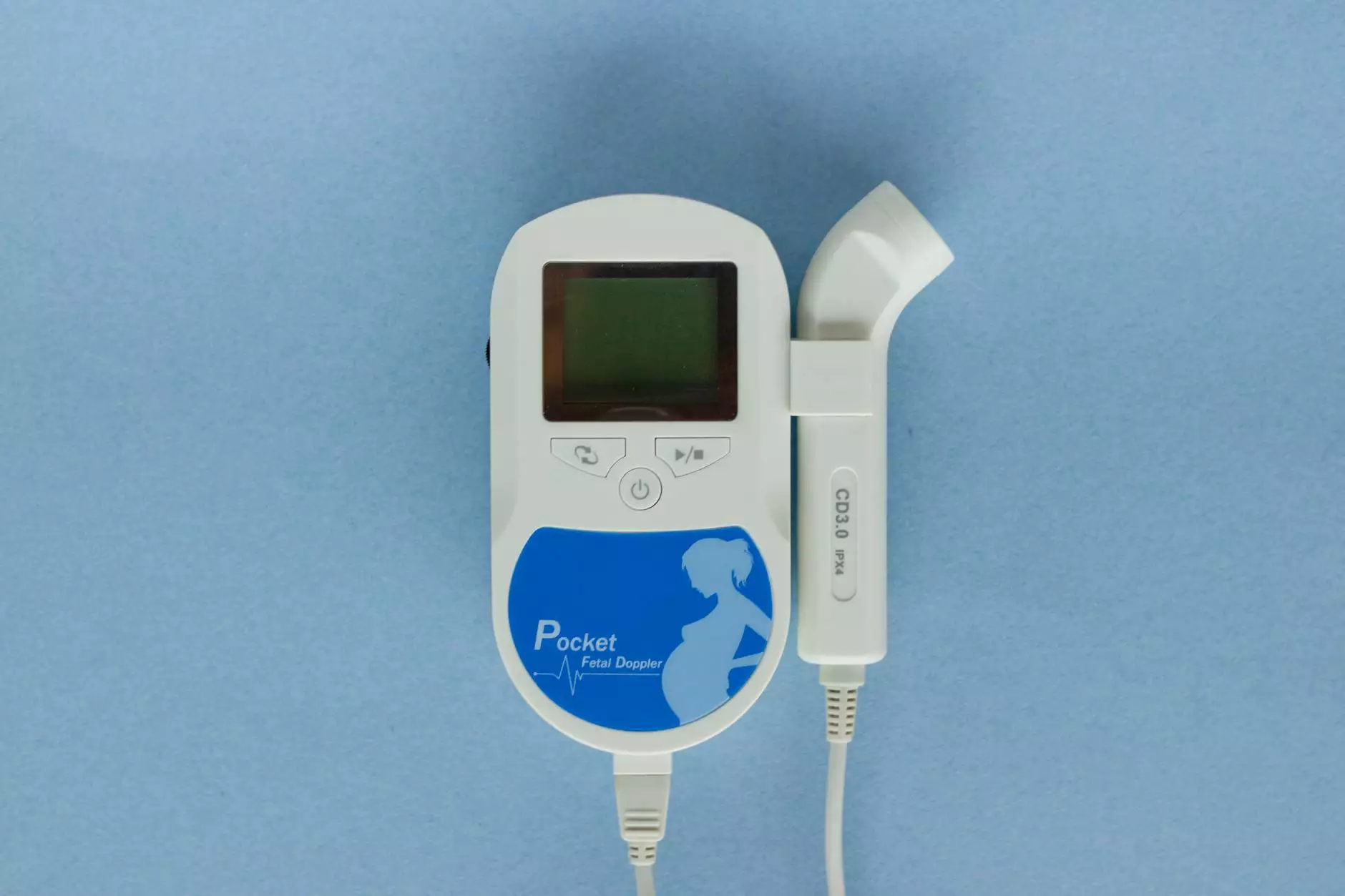Understanding Funisitis - A Comprehensive Guide
Case Studies
What is Funisitis?
Funisitis is a condition that involves inflammation of the umbilical cord. It is often linked to chorioamnionitis, which is an infection in the placental tissues. This condition can have serious implications for both the mother and the baby.
Causes of Funisitis
Funisitis is commonly caused by bacterial infections that ascend from the lower genital tract into the uterus. These infections can lead to inflammation of the umbilical cord, affecting the baby's blood supply and nutrient intake.
Symptoms and Diagnosis
Detecting funisitis can be challenging as it often presents with nonspecific symptoms. Clinicians may diagnose funisitis through a combination of clinical signs, laboratory tests, and ultrasound findings to assess the degree of inflammation in the umbilical cord.
Treatment and Management
The management of funisitis typically involves administering antibiotics to the mother to prevent the spread of infection to the baby. In severe cases, early delivery may be necessary to protect the well-being of both the mother and the baby.
Prevention Strategies
To reduce the risk of funisitis, maintaining good prenatal health, attending regular prenatal check-ups, and promptly treating any signs of infection are essential. Early detection and intervention can significantly improve outcomes.
Conclusion
In conclusion, funisitis is a serious condition that requires prompt diagnosis and intervention to prevent adverse outcomes for both mother and baby. By understanding its causes, symptoms, and treatment options, we can work towards better outcomes in maternal and fetal health.
For more information on funisitis and related topics, contact Unilevel Studios - your trusted partner in Business and Consumer Services - Website development.



